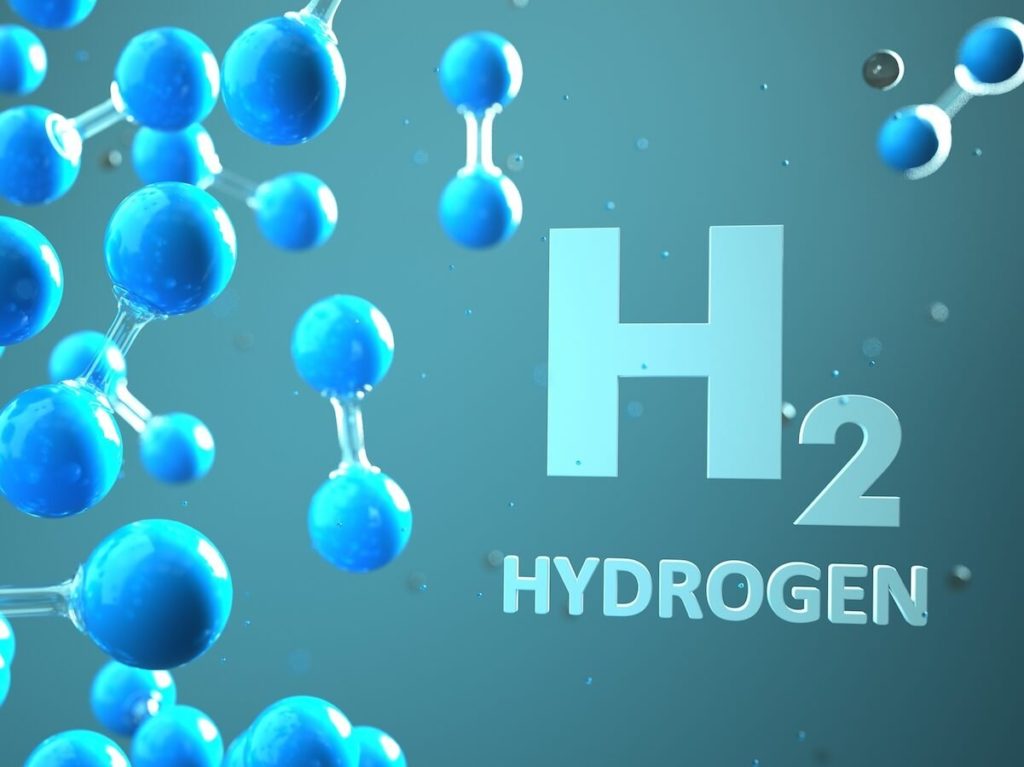The Main Hurdles of Hydrogen Energy
Between geothermal, bioenergy, wind, and solar, we have various natural resources we can use for energy. These are strategies that help people move away from fossil fuels, which leads to numerous benefits for the environment. It’ll take time for us to completely transition to renewables, though, so more accessible solutions could be advantageous in the meanwhile.
What about hydrogen? This elemental gas naturally occurs in plants and water. If you use a process called electrolysis, you can extract hydrogen gas from water to generate energy for use in buildings and vehicles. But despite hydrogen’s renewable nature, we have to note its obstacles.
1. It Relies on Fossil Fuels
When burned, hydrogen doesn’t emit any carbon dioxide. That’s precisely why researchers have explored the potential to use hydrogen as a replacement for fossil fuels. However, we can’t ignore the fact that hydrogen requires fossil fuels in the production stages.
There’s more than one way to create hydrogen for energy — and natural gas reforming remains the most common and inexpensive method. Unfortunately, natural gas reforming relies on carbon dioxide, hydrogen, and carbon monoxide to create a reaction that results in more hydrogen. This technique isn’t the only one that harms the environment.
2. It Requires a Long, Expensive Process
If you want to pursue extraction methods that don’t involve fossil fuels, you’ll have to consider other tricks that are often extensive and costly. That’s the main reason why hydrogen isn’t more prominent around the world.
For example, electrolysis comes with various expenses that aren’t present in the fossil fuel production method for hydrogen extraction.
Until we can invent more accessible, cost-effective techniques, we’ll have to source hydrogen from fossil fuels, which ultimately defeats hydrogen’s purpose as an eco-friendly alternative.
3. It’s Not Always Safe
Many implications come with climate change, including weather-related catastrophes like floods and droughts. Though we have certain strategies in place to protect against some of these conditions, we have to ensure the solutions to mitigate climate change aren’t dangerous themselves. Unfortunately, hydrogen presents a few safety concerns.
It’s a challenge to transport hydrogen securely, especially when you consider the element’s composition. While gasoline can be more flammable, hydrogen has similarly high volatility. Plus, hydrogen doesn’t have a smell, so you can’t detect a leak without a sensor. These variables make hydrogen unpredictable.
4. It’s Difficult to Transport
With fossil fuels like oil and coal, we can quickly move the substances to and from locations through pipes and trucks. That’s not the case with hydrogen. Instead, transporters must keep the element’s lightness and purity in mind throughout the process — and the methods become more intensive as a result.
Additionally, hydrogen has a high cost of delivery, which makes transportation even more intensive.
5. It’s Hard to Scale
Many experts point out that hydrogen may not be a viable energy source for the world’s population. That’s true for a few reasons. Between production costs, status quo, and transport challenges, hydrogen won’t be ready to scale without extensive research.
Though hydrogen fuel could become as cheap as gasoline in the next five years, we have to think about whether people would actually make the transition. It’s not easy to convince individuals to change their ways, especially when they don’t know why a resource like gas isn’t good for the environment. Would people make the switch without another incentive?
Additionally, we’d have to construct a new system to make hydrogen accessible worldwide. Because fossil fuels are still the most significant energy source, governments and corporations would have to find a place for hydrogen in the market. That’s not a simple task, either.
Parting Shot
There’s no denying that hydrogen would be a better alternative to fossil fuels in every regard. It’s renewable, so we’d always have a supply — and the planet wouldn’t experience as much carbon emissions damage.
However, hydrogen also comes with numerous downsides, so we can’t expect the element to be a complete substitute for our current energy framework.


One thought on “The Main Hurdles of Hydrogen Energy”